What are The Legalities of Starting a Metal Panels Business in the UAE
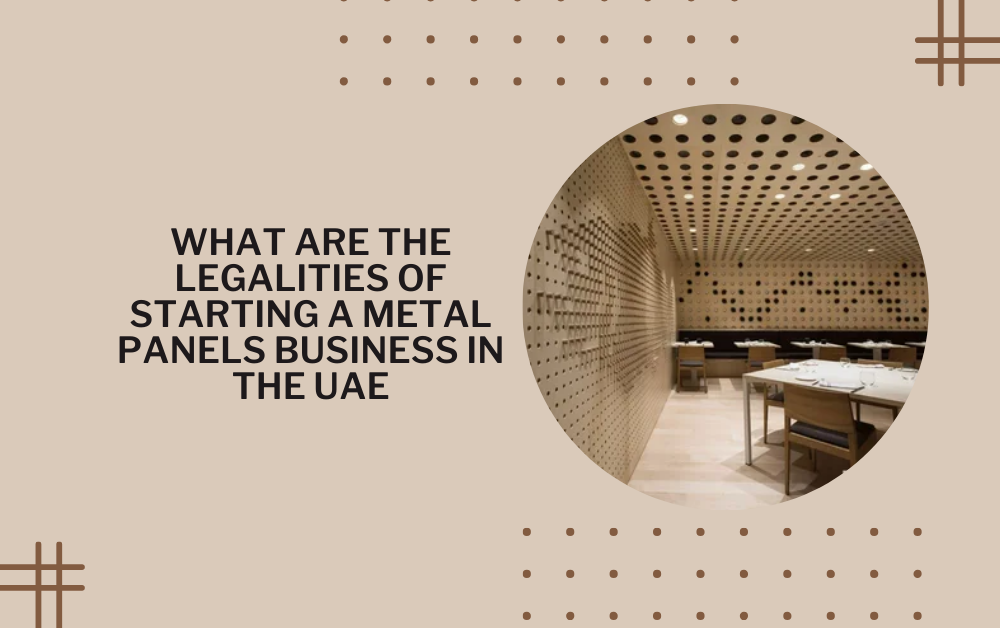
Introduction
Starting a business in the UAE is an enticing prospect for many entrepreneurs, especially in the booming construction sector. Metal panels have become a significant component in modern architecture, providing durability and aesthetic appeal. However, the process of launching a business in this field involves navigating a myriad of legal requirements and regulations. Understanding these legalities is crucial to ensure compliance and smooth operation. This article delves into the essential legal steps required to start a metal panels business in the UAE, shedding light on the necessary permits, licensing, and regulatory framework.
Understanding the Regulatory Landscape
When considering the establishment of a metal acoustic panels business in the UAE, it’s imperative to first comprehend the regulatory environment. The UAE has specific laws governing the construction and manufacturing industries, designed to maintain high standards of safety and quality. Before you can start operations, you must obtain the appropriate licenses from the relevant authorities. This process involves several stages, including company registration, obtaining industrial licenses, and adhering to environmental regulations. Each of these steps requires careful attention to detail to avoid legal pitfalls.
Company Formation: A Step-by-Step Guide
The initial step in starting your metal panels business is the formation of your company. This involves selecting the right type of business entity, which could be a limited liability company (LLC), a free zone establishment (FZE), or a branch of a foreign company. Each type has its own set of advantages and legal requirements. For instance, an LLC requires a local sponsor holding 51% of the shares, whereas a free zone company allows 100% foreign ownership but restricts business activities to the designated free zone area. The choice of business entity will significantly impact your business operations and compliance obligations.
Choosing the Right Business Entity
The choice between an LLC, FZE, or a branch depends on your business goals and operational needs. An LLC is suitable for businesses planning to operate within the local UAE market, providing flexibility in conducting various business activities. On the other hand, an FZE is ideal for companies looking to benefit from tax exemptions and 100% foreign ownership, although operations are limited to specific free zones. A branch of a foreign company allows the parent company to conduct business in the UAE without establishing a separate legal entity. Each option requires careful consideration of the legal implications and long-term business strategy.
Registration Process and Requirements
The registration process involves submitting an application to the Department of Economic Development (DED) or the relevant free zone authority. This includes providing a detailed business plan, financial statements, and information about the shareholders. The registration process also entails reserving a trade name, drafting the Memorandum of Association (MOA), and obtaining initial approvals from various government entities. The MOA outlines the business activities, share distribution, and management structure, making it a critical document for company formation.
Securing the Necessary Licenses
Once your company is registered, the next step is to obtain the required licenses. The type of license you need depends on your business activities. For a metal panels business, you will need an industrial license, which permits manufacturing activities. This license is issued by the Department of Economic Development (DED) or the relevant free zone authority, and it involves stringent compliance with safety and environmental regulations. Additionally, you may need a commercial license if you plan to engage in trading activities.
Industrial License: Key Requirements
Obtaining an industrial license involves a thorough inspection of your manufacturing facilities to ensure they meet the UAE’s safety and environmental standards. This includes compliance with fire safety regulations, proper waste disposal systems, and adequate employee safety measures. You will need to submit detailed plans of your manufacturing processes, machinery, and safety protocols. The inspection process is rigorous, and non-compliance can result in delays or rejection of your license application.
Additional Permits and Approvals
In addition to the industrial license, you may require other permits and approvals, depending on your business activities. For example, if you plan to import raw materials or export finished products, you will need to obtain customs clearance and trade permits. Similarly, if your manufacturing process involves hazardous materials, you will need special permits from the environmental authorities. These additional permits ensure that your business operations comply with local and international standards.
Compliance with Environmental Regulations
The UAE places a strong emphasis on environmental sustainability, and businesses in the manufacturing sector are subject to stringent environmental regulations. As a metal panels business, you must implement measures to minimize environmental impact, such as proper waste management, emission control, and energy-efficient processes. Non-compliance with environmental regulations can result in heavy fines, legal action, and damage to your business reputation.
Waste Management and Disposal
Proper waste management is a critical aspect of environmental compliance. This involves segregating and disposing of industrial waste in accordance with local regulations. You will need to develop a waste management plan that outlines the types of waste generated, disposal methods, and recycling initiatives. Partnering with licensed waste disposal companies ensures that your waste is handled responsibly and in compliance with environmental laws.
Emission Control and Energy Efficiency
Implementing emission control measures is essential to reduce air pollution and comply with environmental standards. This includes installing filtration systems, monitoring emissions, and adopting cleaner production technologies. Additionally, improving energy efficiency in your manufacturing processes can significantly reduce your environmental footprint and lower operational costs. Investing in energy-efficient machinery and renewable energy sources demonstrates your commitment to sustainability and can enhance your business reputation.
Navigating Labor Laws and Employee Welfare
Employing a skilled workforce is crucial for the success of your metal panels business. The UAE has specific labor laws that govern employee rights, working conditions, and employer obligations. Understanding and complying with these laws ensures a harmonious work environment and protects your business from legal disputes. Key aspects of labor laws include employment contracts, working hours, wages, and health and safety regulations.
Employment Contracts and Working Conditions
Employment contracts must clearly outline the terms and conditions of employment, including job roles, salaries, working hours, and benefits. The UAE labor law mandates that employees receive fair wages, regular rest periods, and annual leave. Ensuring that your employment contracts comply with these regulations helps build trust with your employees and fosters a positive work environment.
Health and Safety Regulations
Ensuring the health and safety of your employees is a legal obligation and a moral responsibility. This involves providing a safe working environment, conducting regular safety training, and implementing emergency response plans. Compliance with health and safety regulations not only protects your employees but also enhances productivity and reduces the risk of workplace accidents.
Financial and Tax Considerations
Understanding the financial and tax implications of starting a business in the UAE is essential for long-term success. The UAE offers several incentives, including tax exemptions and free zone benefits, but it is important to navigate the financial landscape carefully. This includes setting up proper accounting systems, managing cash flow, and complying with tax regulations.
Setting Up Accounting Systems
Establishing a robust accounting system is crucial for managing your finances and ensuring compliance with financial regulations. This involves keeping accurate records of all financial transactions, preparing regular financial statements, and conducting audits. Proper financial management helps you make informed business decisions and ensures transparency with stakeholders.
Navigating Tax Regulations
While the UAE offers tax incentives, it is important to understand the specific tax regulations that apply to your business. This includes value-added tax (VAT) compliance, corporate tax obligations, and customs duties. Staying informed about changes in tax laws and seeking professional advice ensures that your business remains compliant and avoids penalties.
Conclusion: Embarking on Your Business Journey
Starting a metal panels business in the UAE offers tremendous opportunities, but it requires careful navigation of the legal landscape. From company formation to securing licenses, complying with environmental regulations, and understanding labor laws, each step is crucial for the successful establishment of your business. By diligently following the legal requirements and staying informed about regulatory changes, you can build a compliant and thriving business. Embark on your business journey with confidence, knowing that you have the knowledge and tools to navigate the complexities of the UAE’s legal framework.
By addressing each of these critical areas, you can ensure that your metal panels business in the UAE is legally sound and positioned for success. Understanding the legalities involved not only protects your business but also builds a strong foundation for sustainable growth in the competitive construction industry.
Note :- To Read More Articles Visit on-

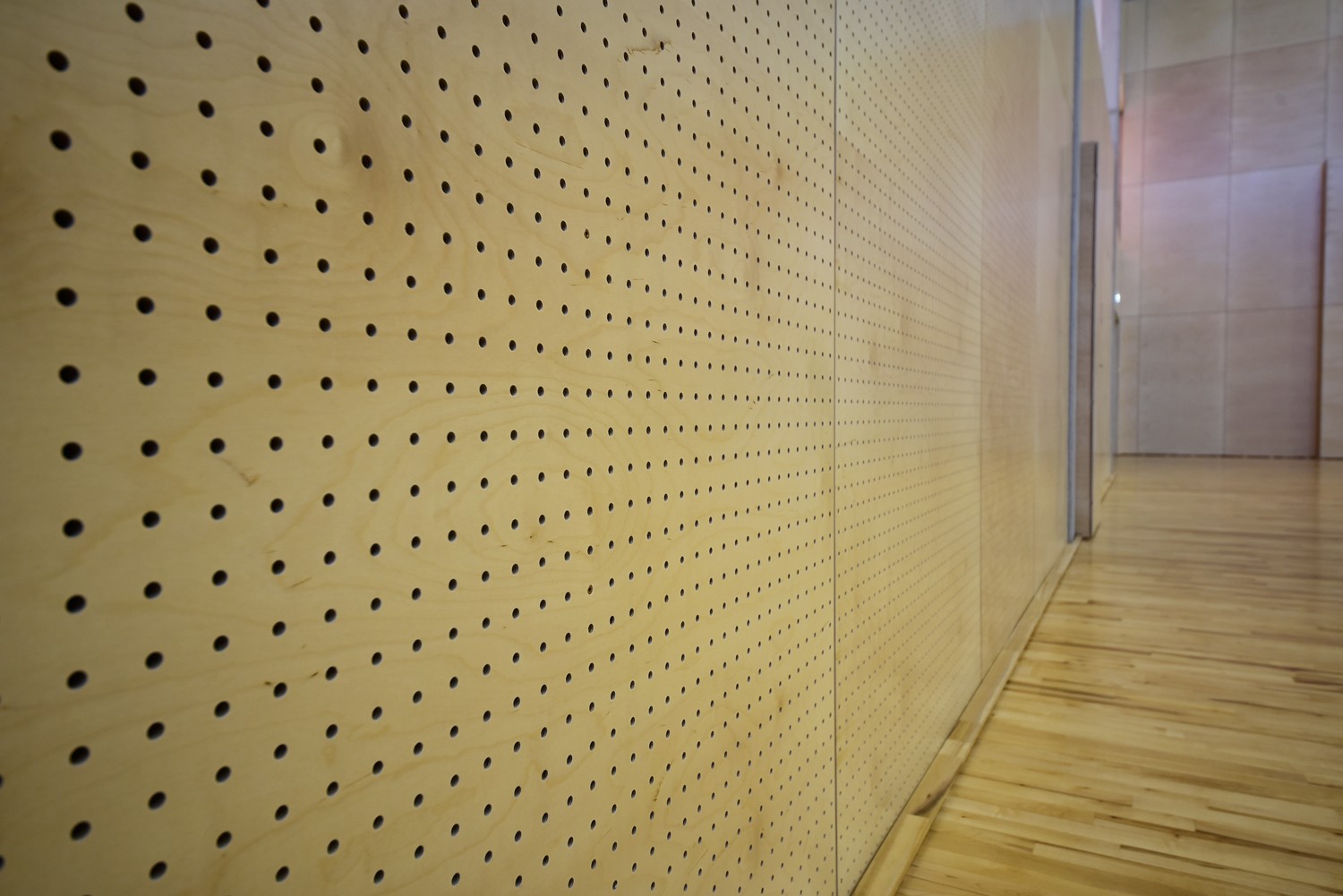
 Enhance Your Shop Appeal with Sydney’s Best Carpentry Services
Enhance Your Shop Appeal with Sydney’s Best Carpentry Services  What Are the Top Safety Features of Automatic Close Doors?
What Are the Top Safety Features of Automatic Close Doors? 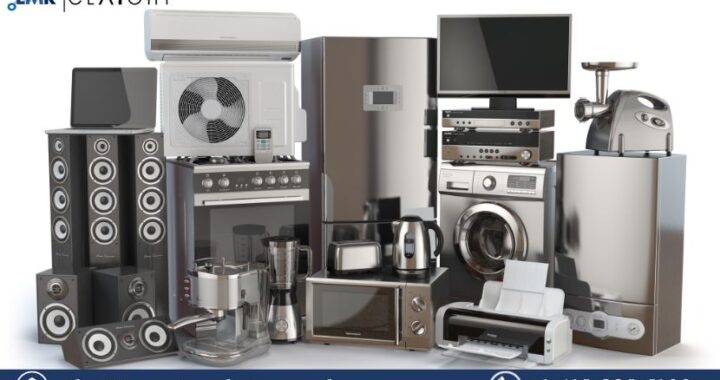 India Home Appliances Market Share, Size, Trends and Industry Report 2024-2032
India Home Appliances Market Share, Size, Trends and Industry Report 2024-2032 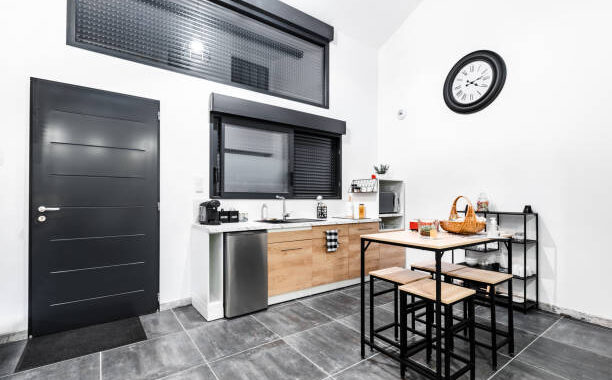 What Are the Best Kitchen Mats for Cold Floors?
What Are the Best Kitchen Mats for Cold Floors? 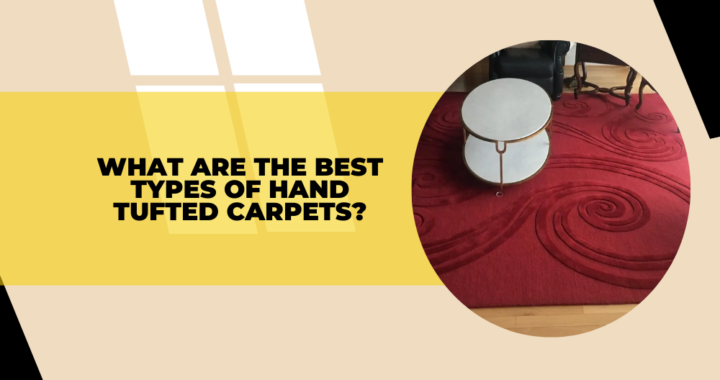 What are the Best Types of Hand Tufted Carpets?
What are the Best Types of Hand Tufted Carpets? 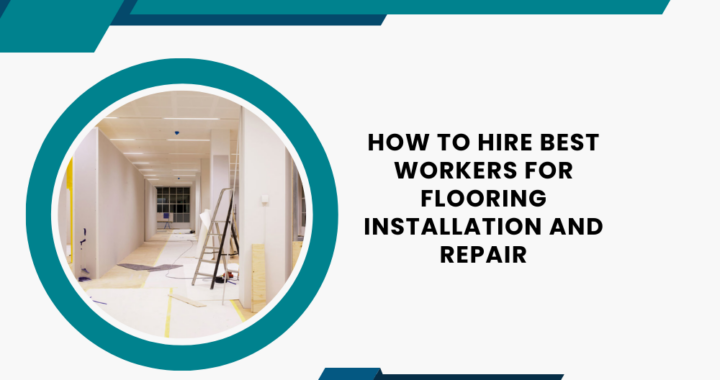 How to Hire Best Workers for Flooring Installation and Repair
How to Hire Best Workers for Flooring Installation and Repair  Exploring London’s Best Butcher Shops
Exploring London’s Best Butcher Shops  A Detailed Look at the Features of the LEGO Technic Mars Crew Exploration Rover
A Detailed Look at the Features of the LEGO Technic Mars Crew Exploration Rover